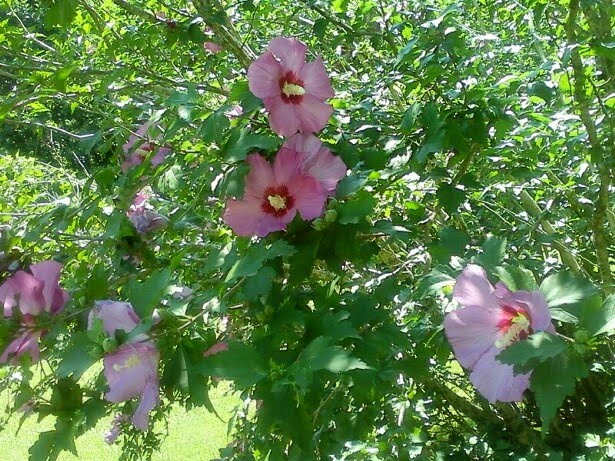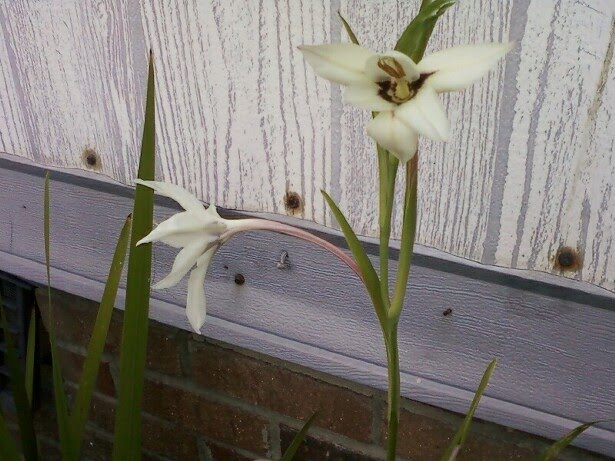


I was surprised yesterday to find my blog nominated for The Versatile Blogger award. I was nominated by fellow garden writer Glory Lennon, whose fascinating blog, Glory’s Garden, is a daily must-read for me.
To participate I am told to post seven things about me that may not be commonly known and to provide a list of my favorite blogs for nomination. Awesome!
Seven things about me:
1. I am a student in Horticulture
2. I returned to school to learn and more accurately write about this subject
3. I am a Certified NC Pesticide Applicator, who believes there is usually an organic option
4. I am a dog-lover, particularly of my beagles
5. I am a proud and doting Grandmother
6. I sometimes feel technology has passed me by
7. My faith in God gets me through each day
Blogs I follow that are most helpful, inspiring and noteworthy include:
In the Garden with Sow-n-Sow
Work From Home
Self Reliance Exchange
Writing Tips Blog
Poverty and Homelessness Issues and Resources












